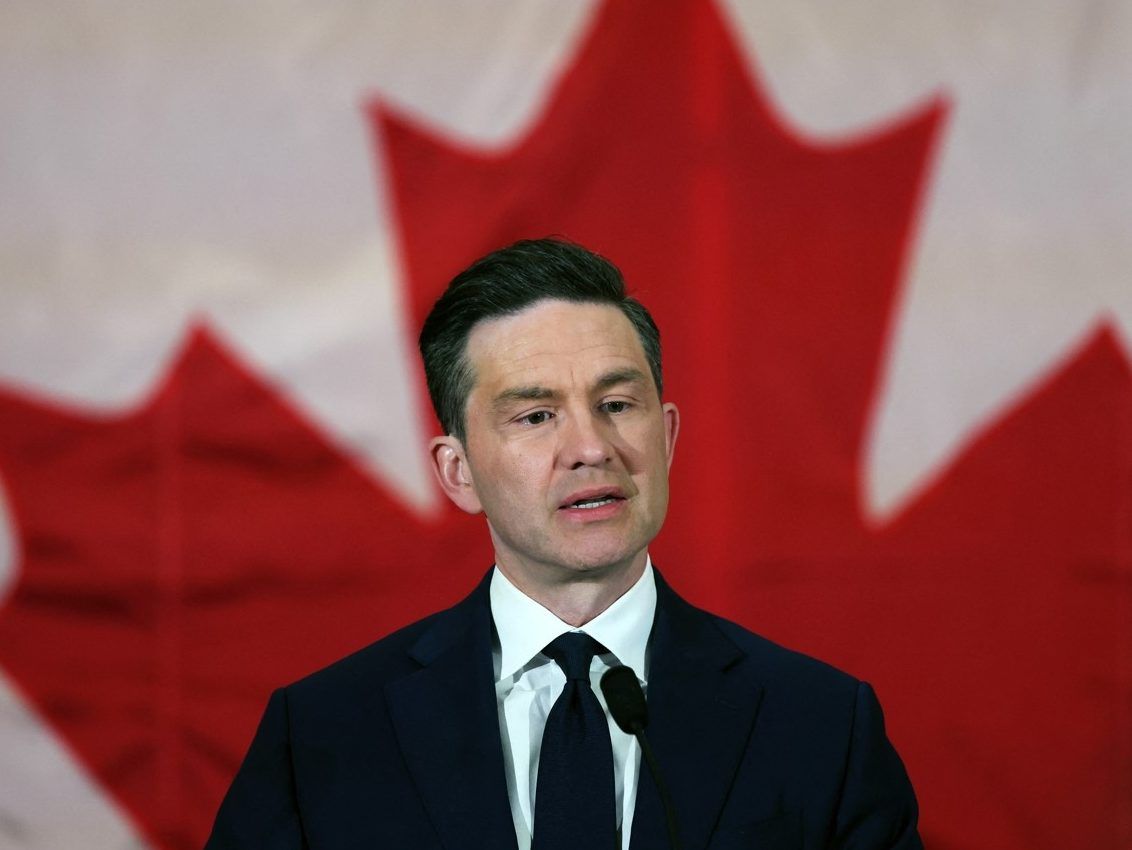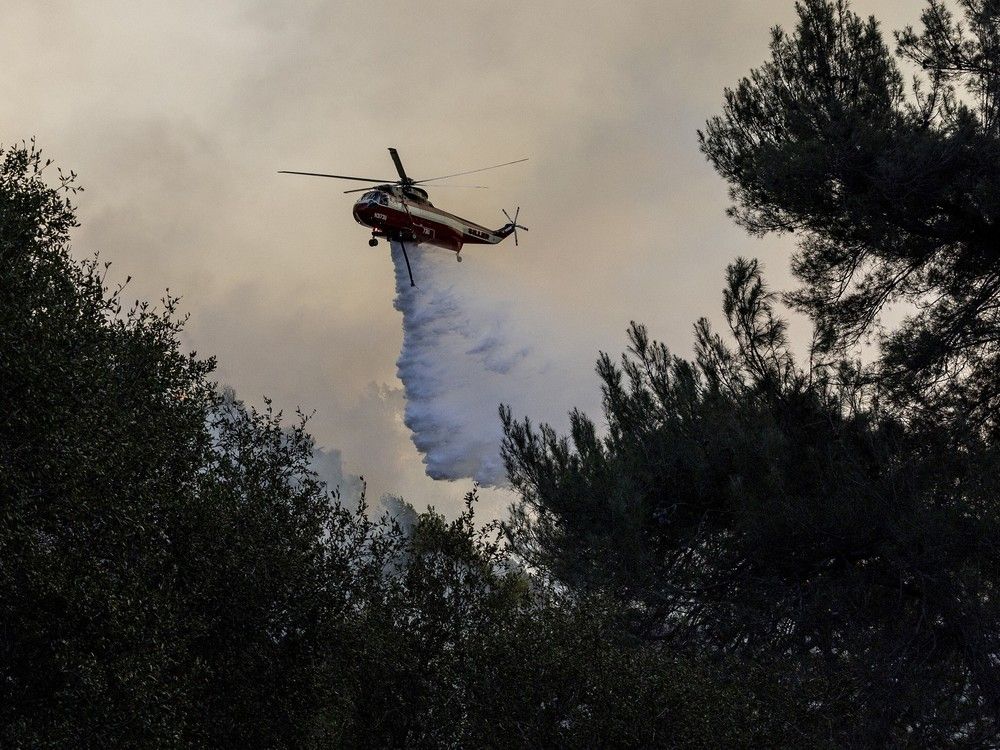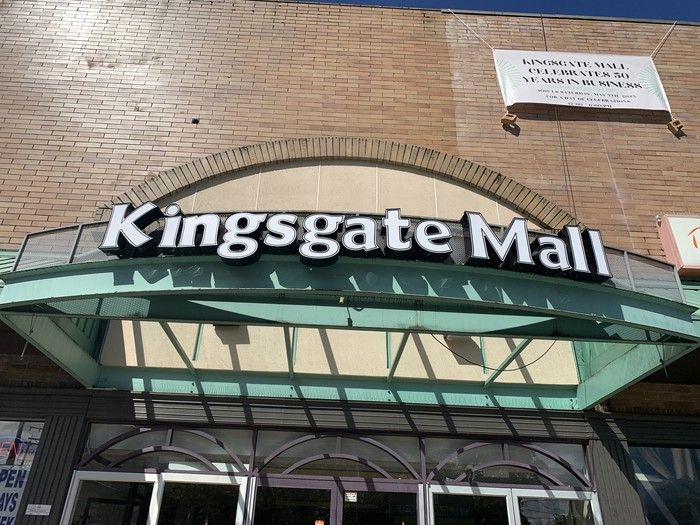While the rate of inflation is back under two per cent, the prices for goods and services are still rising. Here are 6 things that will cost you more.
Published Jan 01, 2025 • Last updated 0 minutes ago • 4 minute read

A new year brings fresh hope and opportunity, but also rising costs.
Article content
Article content
Canada’s inflation rate is just under two per cent, after peaking at 8.1 per cent in June 2022. Compared with the past three years, cost-of-living hikes should slow down in 2025.
But prices for goods and services will still rise. Here is a look at some increased costs for British Columbians this year.
Advertisement 2
THIS CONTENT IS RESERVED FOR SUBSCRIBERS ONLY
Subscribe now to read the latest news in your city and across Canada.
- Unlimited online access to articles from across Canada with one account.
- Get exclusive access to the Vancouver Sun ePaper, an electronic replica of the print edition that you can share, download and comment on.
- Enjoy insights and behind-the-scenes analysis from our award-winning journalists.
- Support local journalists and the next generation of journalists.
- Daily puzzles including the New York Times Crossword.
SUBSCRIBE TO UNLOCK MORE ARTICLES
Subscribe now to read the latest news in your city and across Canada.
- Unlimited online access to articles from across Canada with one account.
- Get exclusive access to the Vancouver Sun ePaper, an electronic replica of the print edition that you can share, download and comment on.
- Enjoy insights and behind-the-scenes analysis from our award-winning journalists.
- Support local journalists and the next generation of journalists.
- Daily puzzles including the New York Times Crossword.
REGISTER / SIGN IN TO UNLOCK MORE ARTICLES
Create an account or sign in to continue with your reading experience.
- Access articles from across Canada with one account.
- Share your thoughts and join the conversation in the comments.
- Enjoy additional articles per month.
- Get email updates from your favourite authors.
THIS ARTICLE IS FREE TO READ REGISTER TO UNLOCK.
Create an account or sign in to continue with your reading experience.
- Access articles from across Canada with one account
- Share your thoughts and join the conversation in the comments
- Enjoy additional articles per month
- Get email updates from your favourite authors
Sign In or Create an Account
or
Article content
1. Food
Canada’s 2025 Food Price Report says families will spend around $800 more for a set bundle of groceries in the new year.
The report is compiled from research at the University of British Columbia, Dalhousie University, the University of Guelph and the University of Saskatchewan.
Researchers say that food prices are expected to go up by three to five per cent. Meat is expected to rise between four and six per cent, vegetables between three and five per cent, and baked goods between two and four per cent.
A Canadian family of four will spend around $17,000 on food in 2025, compared to $16,200 in 2024.
“Some impacts of adverse weather are starting to be reflected in food prices, such as more expensive meat, due to lengthy droughts in Canada’s beef-producing regions,” Stuart Smyth, of the University of Saskatchewan, said in a news release.
2. Electricity
B.C. Hydro has not yet asked the B.C. Utilities Commission for permission to increase rates for its next fiscal year, which runs from April 1, 2025, to March 31, 2026.
A spokesperson said the annual “revenue requirements application” for the coming financial year had not been finalized, but would be lower than the rate of inflation.
By signing up you consent to receive the above newsletter from Postmedia Network Inc.
Article content
Advertisement 3
Article content
In March 2024, the BCUC approved a 2.3 per cent increase in power rates for the 2024-25 fiscal year.
The next increase will not be known until B.C. Hydro makes its application and the BCUC approves it.
The BCUC has, however, approved a 5.56 per cent rate increase for FortisBC customers In the province’s southern interior. Effective Jan. 1, the average customer in Kelowna, south Okanagan, Boundary and Kootenay regions will pay an extra $7.88 on their monthly electricity bill.
Meanwhile, a monthly credit that started being applied to energy bills in April will expire at the end of March. The province said the B.C. electricity affordability credit would save the average residential customer about $100 over 12 months.
3. Taxes
The amount property owners pay to municipalities goes up each year. For 2025, the City of Vancouver has determined property taxes will go up 3.9 per cent.
The B.C. government is introducing a home-flipping tax on Jan. 1 for anyone who buys a home and sells it within two years — unless the sale is due to divorce, job loss or change in household membership. If you sell within the first year, you pay 20 per cent of any profit made on the sale. The rate diminishes until it hits zero at the end of two years.
Advertisement 4
Article content
B.C. was the first jurisdiction in Canada to introduce a carbon tax in 2008. This past year, the provincial tax increased to $80 a tonne from $65 to align with Ottawa’s price on carbon. The federal tax is scheduled to increase by $15 a tonne annually until it hits $170 in 2030. If the increase happens as scheduled on April 1, it would add about three cents a litre to the price of gas, bringing the tax to about 21 cents a litre.
The federal alcohol excise tax is also to rise, by two per cent, on the same date.
Payroll taxes paid by businesses will increase in 2025. The Canada Pension Plan payment will go up $167 for each employee. Any worker making $81,200 or more will pay $403 more in payroll deductions in 2025 than in 2024.
4. Housing costs
Canada’s inflation rate in November was 1.9 per cent, just below the Bank of Canada’s target rate.
This means the Bank of Canada overnight interest rate is not likely to change very much in 2025 with inflation under control.
The interest rate peaked at five per cent in July 2023 and stayed there until June 2024, after which it began to drop to its present 3.25 per cent.
Advertisement 5
Article content
This should be good news for anyone who has to renegotiate a high-interest mortgage this upcoming year.
However, the majority of 1.2 million mortgages expected to renew in 2025 had previously locked in at around two to three per cent, so these will likely be renegotiated at a somewhat higher rate.
Maximum allowable rent increases each year are governed by the provincial government. In 2025, B.C. landlords will be allowed to increase rents by three per cent, a slight decrease from the 3.5 per cent cap in 2024.
5. B.C. Ferries
In 2023, the province said it was providing $500 million over four years to B.C. Ferries to help keep fares down. The Office of the B.C. Ferries Commissioner subsequently capped annual fare increases at 3.2 per cent until March 31, 2028.
“This cap helps balance our commitment to keeping fares affordable for passengers while addressing the rising costs of running the ferry service, including fuel, maintenance, and labour,” B.C. Ferries said.
6. Tip and waste disposal fees
Metro Vancouver and the City of Vancouver operate a network of recycling and waste disposal facilities across the region.
As of Jan. 1, garbage tipping fees — the fee to dispose of waste — increase by $7 a tonne, or between 4.2 per cent and 5.8 per cent depending on the load weight. Yard trimming fees climb by $5 to $118 a tonne. The surcharge for loads containing hazardous materials increases to $76 a load.
Recommended from Editorial
-

$1.7 billion flood projects still stalled in Abbotsford, Princeton and Merritt without funding
-

Eby government’s fiscal update spells more bad news for B.C. taxpayers
-

Poor but tough: How single mothers in B.C. are fighting for economic stability
Article content
.png)
 1 week ago
12
1 week ago
12




































 Bengali (BD) ·
Bengali (BD) ·  English (US) ·
English (US) ·